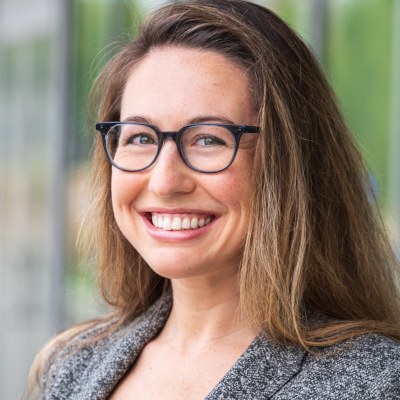HCI Group at UC Merced Presents

Dr. Rachel Ryskin
Assistant Professor
Cognitive & Information Sciences
University of California, Merced, CA
Thursday, March 25, 2021 at 11:00 AM via Zoom
Human Language Processing is Adapted to Noise
Abstract
Most of the language that we produce and encounter in everyday life is replete with errors and ambiguities. Yet, for adult language users, understanding what they are hearing or reading typically feels effortless and communication proceeds smoothly. This impressive feat is likely explained by the human language processing system's ability to make real-time inferences based on probabilistic representations of intended meaning and of the noise that can be introduced during communication. In this talk, I will discuss evidence that readers/listeners tune their model of the noise to the nature of errors in their environment and that the absence of such adaptation is associated with deficits in comprehension (e.g., in individuals with aphasia). I will also show that recordings of electrophysiological activity at the scalp (EEG) can reveal when readers implicitly correct errors in their input to a more plausible alternative. I will conclude by discussing how this temporally fine-grained signal can be leveraged to further understand noise-adapted human language processing on both theoretical and applied fronts.
Short Bio
Rachel Ryskin is an Assistant Professor in the Cognitive & Information Sciences department at the University of California, Merced. She studies how individuals achieve impressively efficient language processing in the face of ambiguity, variability, and noise. In particular, she uses a multi-method approach (eye-tracking, patient work, and EEG) to examine how people use various sources of information (visuo-spatial perspective, theory of mind, language statistics, etc.) to constrain real-time language understanding, as well as how learning and memory processes underpin these representations. She obtained a BA from Northwestern University and a PhD from University of Illinois at Urbana-Champaign. Before coming to UC Merced, she was a postdoctoral fellow in the Department of Brain and Cognitive Sciences at the Massachusetts Institute of Technology.